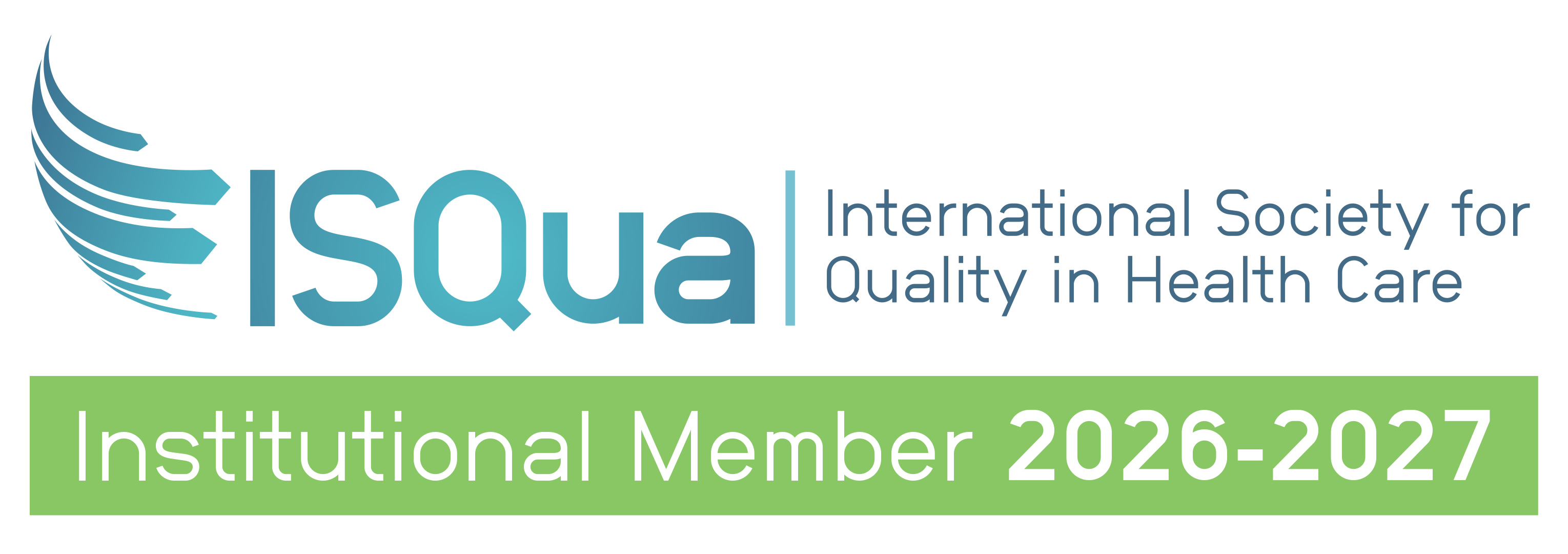
QI In Action: How one Sydney Based Anaesthesia Department Dramatically Reduced its Greenhouse Gas Emissions
Get Inspired by our Quality Improvement (QI) Awards 2022 Highly Commended submission, ‘Anaesthetic Greenhouse Gas Reductions’ by the Royal North Shore Hospital.
As ACHS embark on their own Sustainability Strategy, we are inspired by healthcare organisations that are focused on adopting sustainable practises. We are pleased to showcase an outstanding project that won the ‘Highly Commended’ award in the 2022 ACHS Quality Improvement (QI) Awards. Titled ‘Anaesthetic Greenhouse Gas Reductions’, the Department of Anaesthesia, Pain, and Perioperative Medicine at Royal North Shore Hospital has shone a light on a very broad issue. By highlighting the environmental impact of clinical choices and promoting sustainable alternatives within existing clinical practises, their initiative led to significant department-wide reductions in greenhouse gas emissions.
Project Background
The ‘Anaesthetic Greenhouse Gas’ initiative addresses the issue of aesthetic gas within the perioperative space and its detrimental impact on the environment. Currently gases commonly used for anaesthesia contribute to almost 5 percent of healthcare carbon footprint, making it an urgent issue to address.
With over 23,000 patients annually presented to the Royal North Shore Hospital (RNSH) for an operation or procedure, the amount of waste generated is significant. Each year at RNSH alone, the use of anaesthetic gases generates approximately an equivalent of 1000 tonnes of carbon dioxide (CO2). Among these gases, Desflurane stands out for its high global warming potential (GWP), which is nearly 7,000 times greater than that of CO2. An internal audit at RNSH revealed that Desflurane contributed to over 80% of the carbon footprint from anaesthetic gases. Moreover, Desflurane is eight times more expensive than the next available option of anaesthetic gas.
Action Towards Sustainability
Recognising the environmental and financial impacts, RNSH embarked on a sustainability initiative aimed at reducing Desflurane usage. The hospital launched a multimodal educational intervention over six months during the 2020/2021 clinical year. This campaign included departmental presentations, newsletters, educational posters in operating theatres, and continuous feedback on the program’s progress. The goal was to educate staff on the environmental impact of their choices and encourage the rationalised use of Desflurane and other anaesthetic gases.
The results of this initiative were impressive. There was an 85% reduction in Desflurane use during the 2021/2022 clinical year, resulting in a reduction of over 900 tonnes of CO2 equivalent emissions—a 75% decrease. Financially, this also led to savings of over $94,000 in volatile anaesthetic gas expenditure.
“In the end, what this project was working to achieve wasn’t a change in clinical practice, but a different pathway for accomplishing the same care.”
- Dr Matthew Doane, Senior Staff Specialist
Royal North Shore, Department of Anaesthesia, Pain, and Perioperative Medicine
Up to date, the collaborative work in this area sparked further intervention, innovation, and collaboration. The spotlight on this project helped uncover numerous other staff working on similar initiatives in their respective areas, giving opportunities for knowledge sharing across departments.
The work helped transform sustainability culture across the department, with the establishment of two new environmental leads. Their roles are to advocate for proactive changes with sustainability in mind, educate to improve broader promotion of the issues and options in place, and advise others on how proposed changes may impact the provision of clinical services.
In the specific area of volatile anaesthetics, this broader team has enabled a significant reduction in Desflurane use to a degree that has now fostered the State removing it from use in NSW public hospitals.
“This project highlighted a key trait of our frontline staff: That they are willing to make changes when given the options and are empowered to do so.”
- Dr Matthew Doane, Senior Staff Specialist
Royal North Shore, Department of Anaesthesia, Pain, and Perioperative Medicine
The success of the initiative demonstrates how reductions in greenhouse gas emissions can be achieved without changing the core clinical practices or requiring substantial infrastructure investments.
Read more about Sustainability in Healthcare
The ‘Anaesthetic Greenhouse Gas Reductions’ initiative was led by Dr. Arpit Srivastava, Dr. Maximillian Benness, Dr. Matthew Doane, and Dr. Adam Rehak. To read the full project, view our Quality Initiative 2022 Booklet (pg. 95).
You can learn more about ACHS’ sustainability initiatives and our plans to assist in greener operations here.

